Nothing induces me to read a novel except when I have to make money by writing about it. I detest them
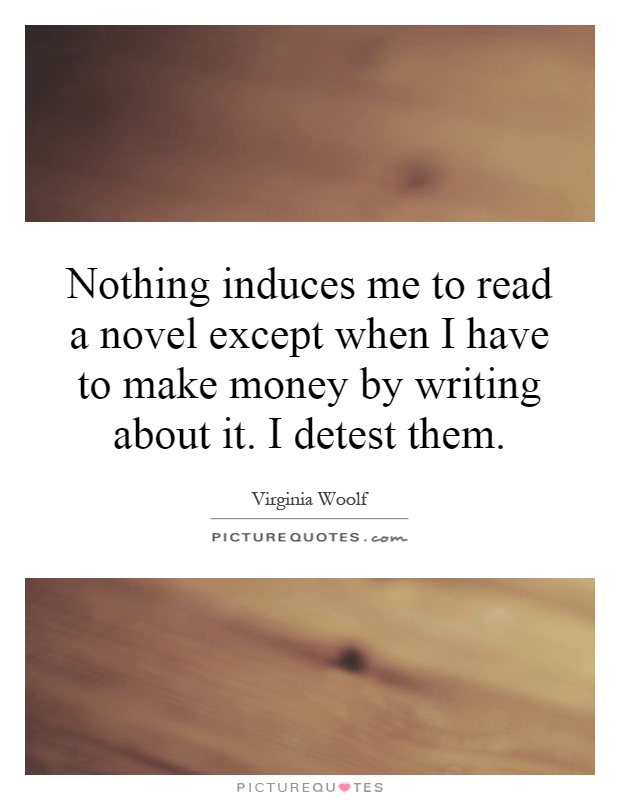
Nothing induces me to read a novel except when I have to make money by writing about it. I detest them
Virginia Woolf was a renowned writer and critic known for her innovative and experimental approach to literature. She was a key figure in the modernist movement, challenging traditional narrative structures and exploring the complexities of human consciousness. Woolf's own novels, such as "Mrs. Dalloway" and "To the Lighthouse," are celebrated for their lyrical prose and psychological depth.Given Woolf's deep engagement with literature and her commitment to pushing the boundaries of the novel form, it may come as a surprise that she expressed a disdain for reading novels. In a letter to her friend and fellow writer Vita Sackville-West, Woolf famously wrote, "Nothing induces me to read a novel except when I have to make money by writing about it. I detest them."
This statement may seem contradictory coming from a writer who is celebrated for her own novels. However, Woolf's aversion to reading novels can be understood in the context of her broader literary and intellectual interests. Woolf was a voracious reader of a wide range of texts, including essays, letters, diaries, and poetry. She was deeply interested in exploring the possibilities of language and form, and she often drew inspiration from non-fiction sources in her own writing.
Woolf's dislike of novels may also be seen as a reflection of her critical stance towards the literary establishment of her time. She was known for her sharp wit and incisive critiques of the conventions of Victorian and Edwardian literature. In her essay "Mr. Bennett and Mrs. Brown," Woolf famously argued that the novel form needed to evolve in order to capture the complexities of modern life.
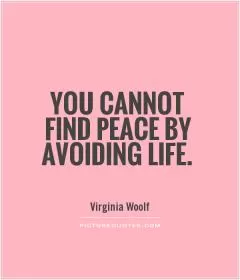
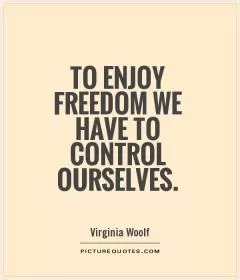
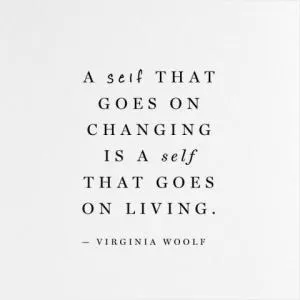
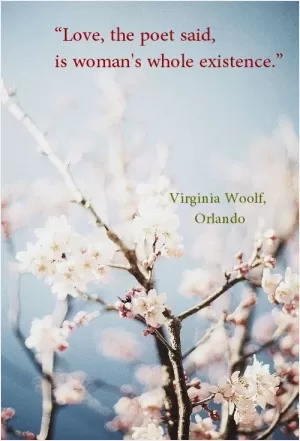
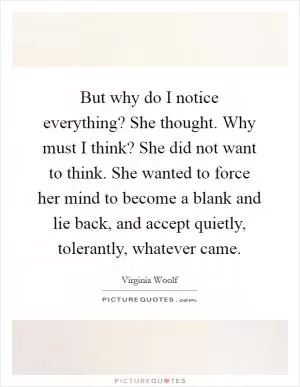
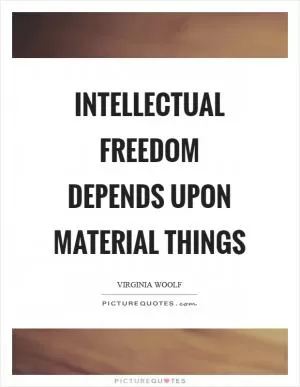
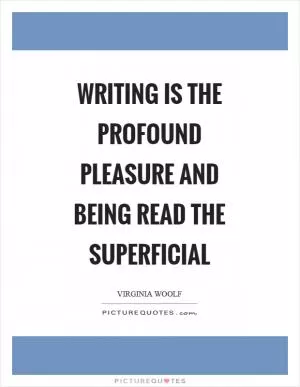
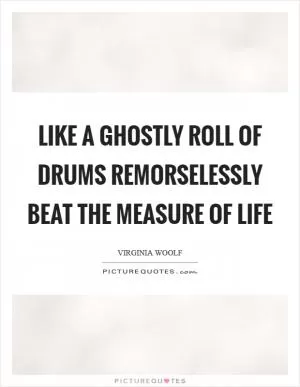
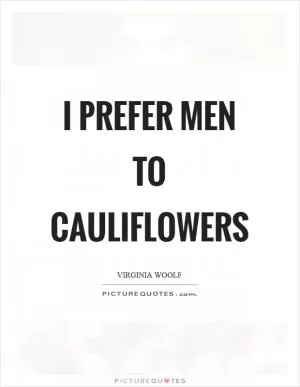
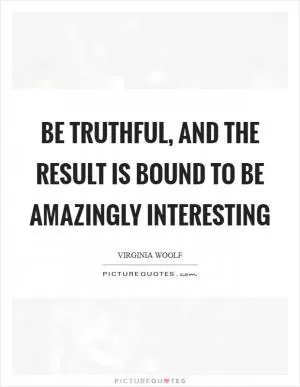
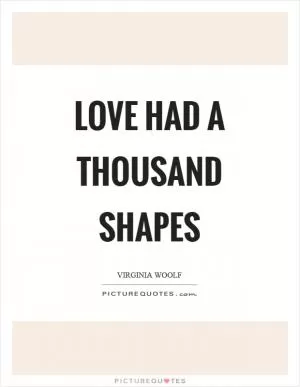
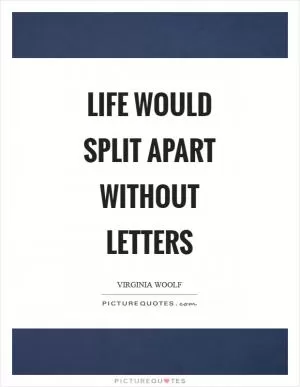
 Friendship Quotes
Friendship Quotes Love Quotes
Love Quotes Life Quotes
Life Quotes Funny Quotes
Funny Quotes Motivational Quotes
Motivational Quotes Inspirational Quotes
Inspirational Quotes